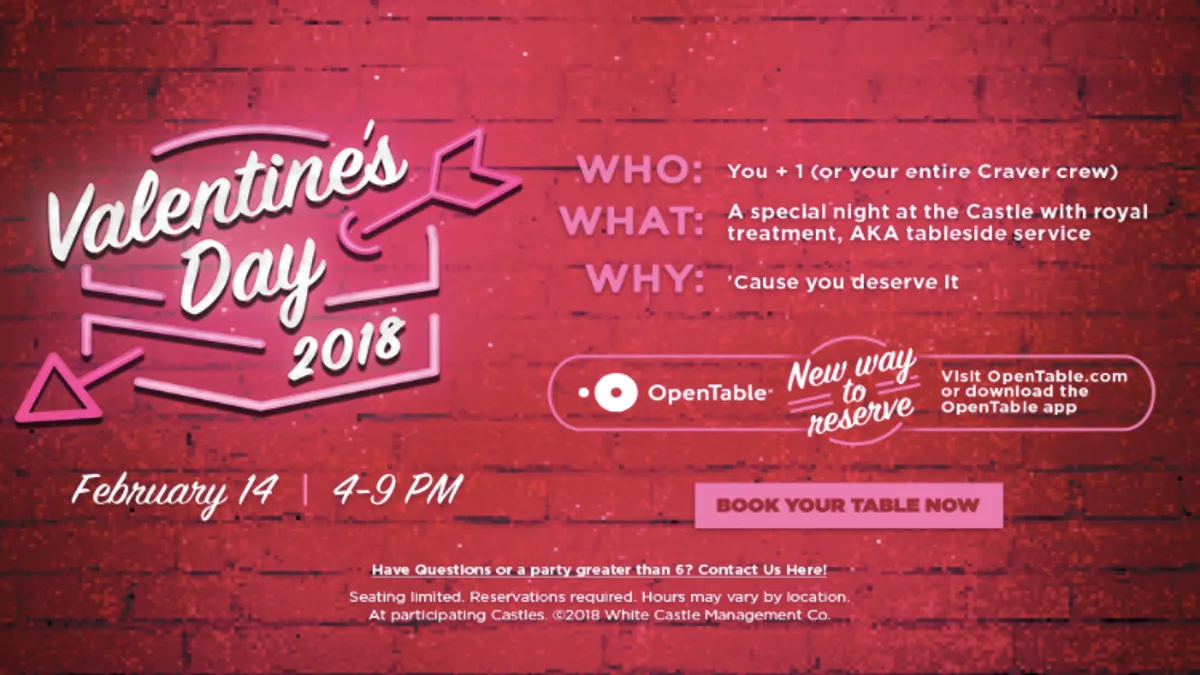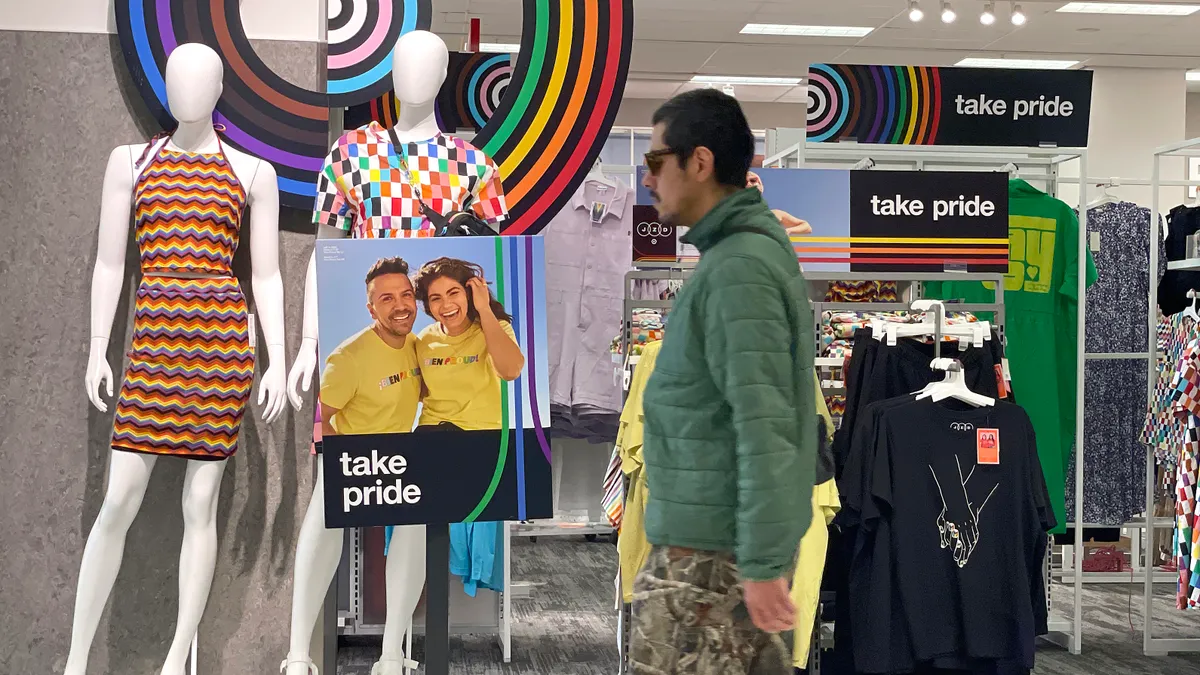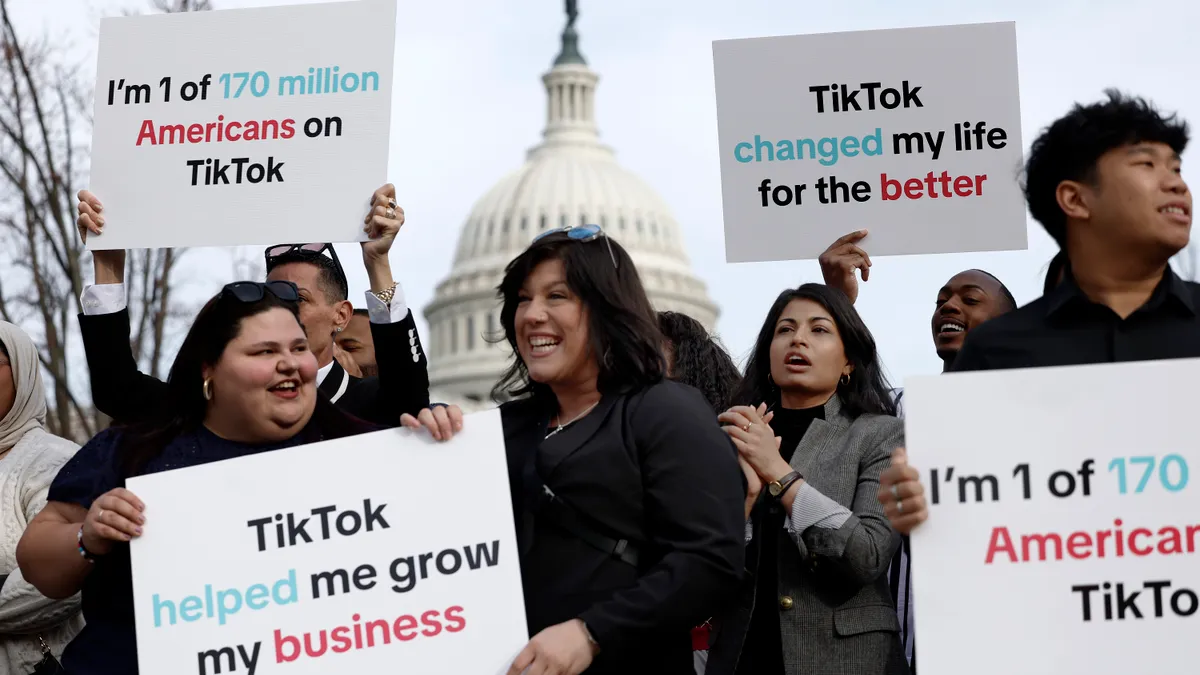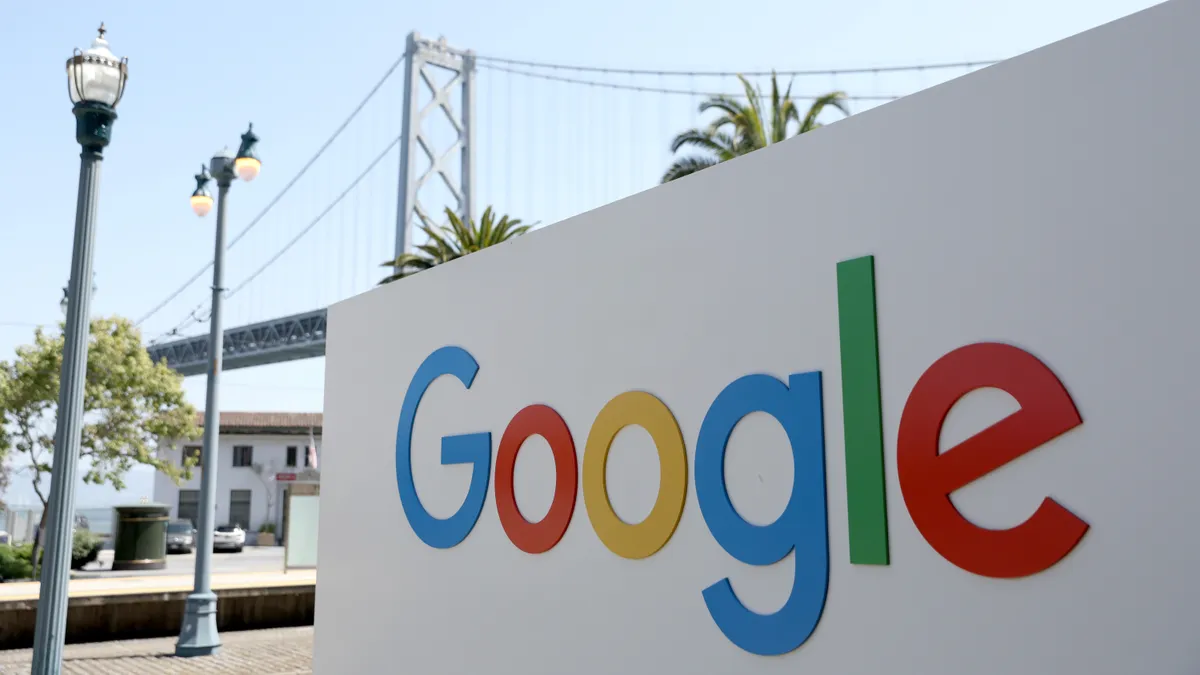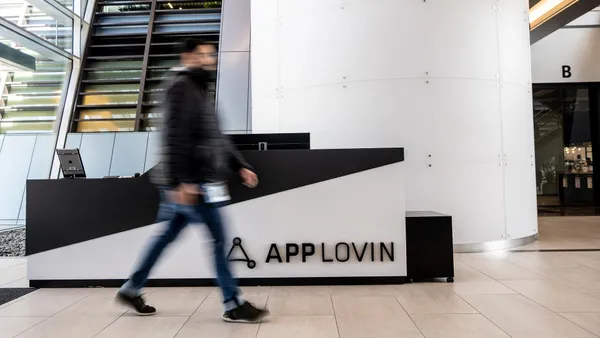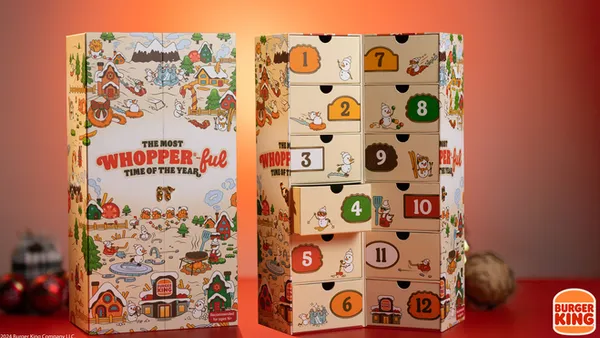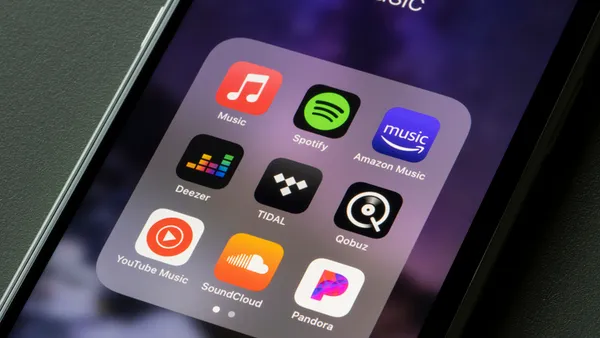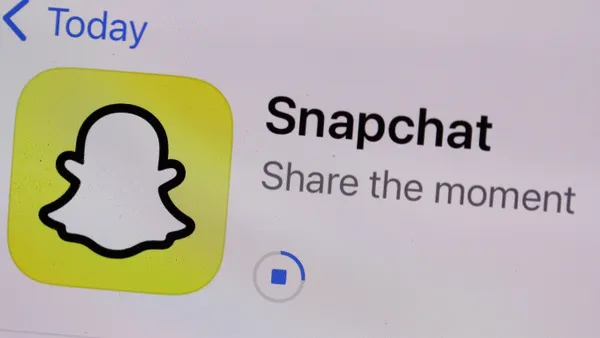Dive Brief:
- White Castle partnered with OpenTable for its 27th annual Valentine's Day dinner event, allowing diners to make reservations via the company's website or app, a news released announced.
- Customers who attend the dinner, held on Feb. 14 from 4-9 p.m. at most White Castle locations, are encouraged to take photos and post them on social media using the hashtag #whitecastle. The brand is also creating a holiday-themed Snapchat geofilter.
- White Castle's Valentine's Day dinners feature hostess seating, tableside service, decorations and a special menu. Customers are encouraged to book their tables early because tables tend to sell out, the company said.
Dive Insight:
Though the White Castle Valentine's Day promotion has been going on for years, the brand is taking concrete steps to bring it into the digital age in 2018. By partnering with OpenTable, the burger chain could tap into a larger, more digitally-savvy audience since the booking service, which is part of The Priceline Group, seats more than 24 million diners each month at more than 43,000 restaurants, per the release.
Other fast-food brands have partnered with the company to promote special events and engage with mobile-minded customers. Taco Bell offered OpenTable reservations for its Test Kitchen and other promotions last year, including one around National Taco Day and the release of is Naked Egg Taco.
The Valentine's Day dinner is a good fit for the social media-minded, with special themed decorations and a potential kitschy charm. Marketers are more often attempting to design out-of-home and event marketing in this way, where the experience itself encourages customers to create content that is shareable and will help spread reach and brand messaging even to those who can't make it into store locations.
Other social elements of the White Castle campaign, including the location-based Snapchat filter, could help the brand connect with younger consumers. A recent StubHub survey found that 63% of Gen Zers send Snapchat messages during live events, compared to 40% of millennials.


